The latest update on the global polio situation highlights ongoing concerns surrounding the prolonged Public Health Emergency of International Concern (PHEIC). The committee acknowledges challenges and emphasizes the need to explore alternative strategies, indicating the potential convening of a polio IHR Review Committee to advise the WHO Director-General. The ongoing review of the International Health Regulations, with possible amendments in 2024, further underscores the significance of continued emergency measures.
This text reflects a statement made by a committee regarding the ongoing situation and challenges surrounding the eradication of poliovirus.
- Duration of Polio PHEIC: The committee acknowledges concerns about the extended duration of the Public Health Emergency of International Concern (PHEIC) related to polio. There’s discussion about exploring alternatives, such as establishing a polio IHR Review Committee to advise the WHO Director-General on potential standing recommendations.
- Risk of Exportation and Message Conveyance: The committee expresses concerns that discontinuing the PHEIC might convey the wrong message and highlights the continued risk of exporting both Wild Poliovirus (WPV) and circulating Vaccine-Derived Polioviruses (cVDPVs).
- Efforts in Afghanistan: Acknowledgment and support for house-to-house campaigns in Afghanistan, particularly emphasizing the use of female vaccinators to enhance access and coverage among zero dose and under-immunized children.
- Concerns and Responses in Various Regions: Mention of concerns and necessary responses in regions like Pakistan, Egypt, Mauritania, Guinea, Mali, Zimbabwe, and Nigeria due to outbreaks or surveillance issues related to poliovirus.
- Need for Strengthening Surveillance: Emphasis on the need to strengthen surveillance across affected countries due to significant gaps and issues with timely detection and transportation of specimens for testing.
- Continued PHEIC: Based on the situation regarding WPV1 and cVDPVs and reports from affected countries, the WHO Director-General extended the Temporary Recommendations under the International Health Regulations (IHR) to reduce the risk of international spread of poliovirus as of December 21, 2023.
This statement outlines ongoing concerns, regional challenges, and the need for continued efforts and surveillance to combat poliovirus, leading to the extension of temporary recommendations to prevent its international spread.
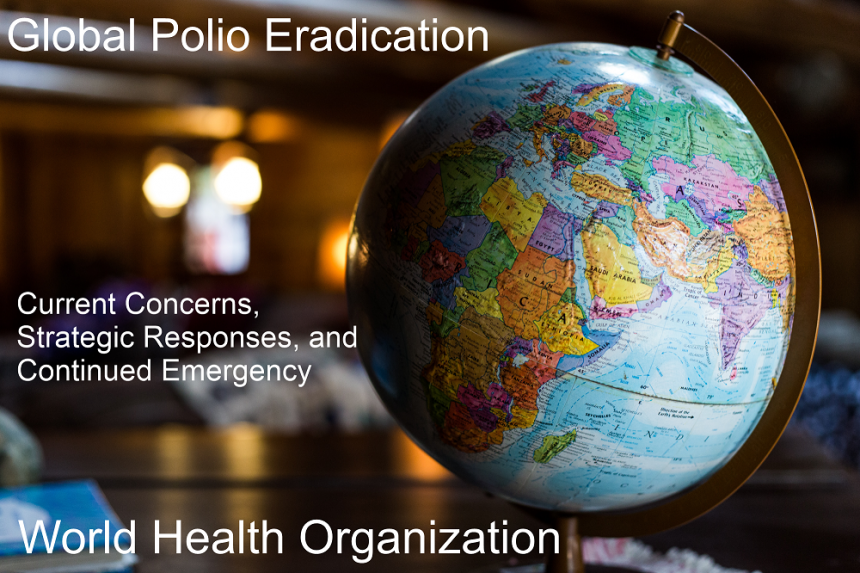
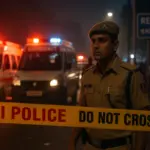
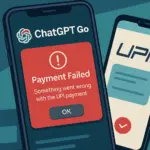



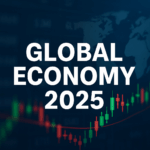
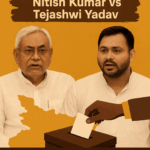


6z56xp